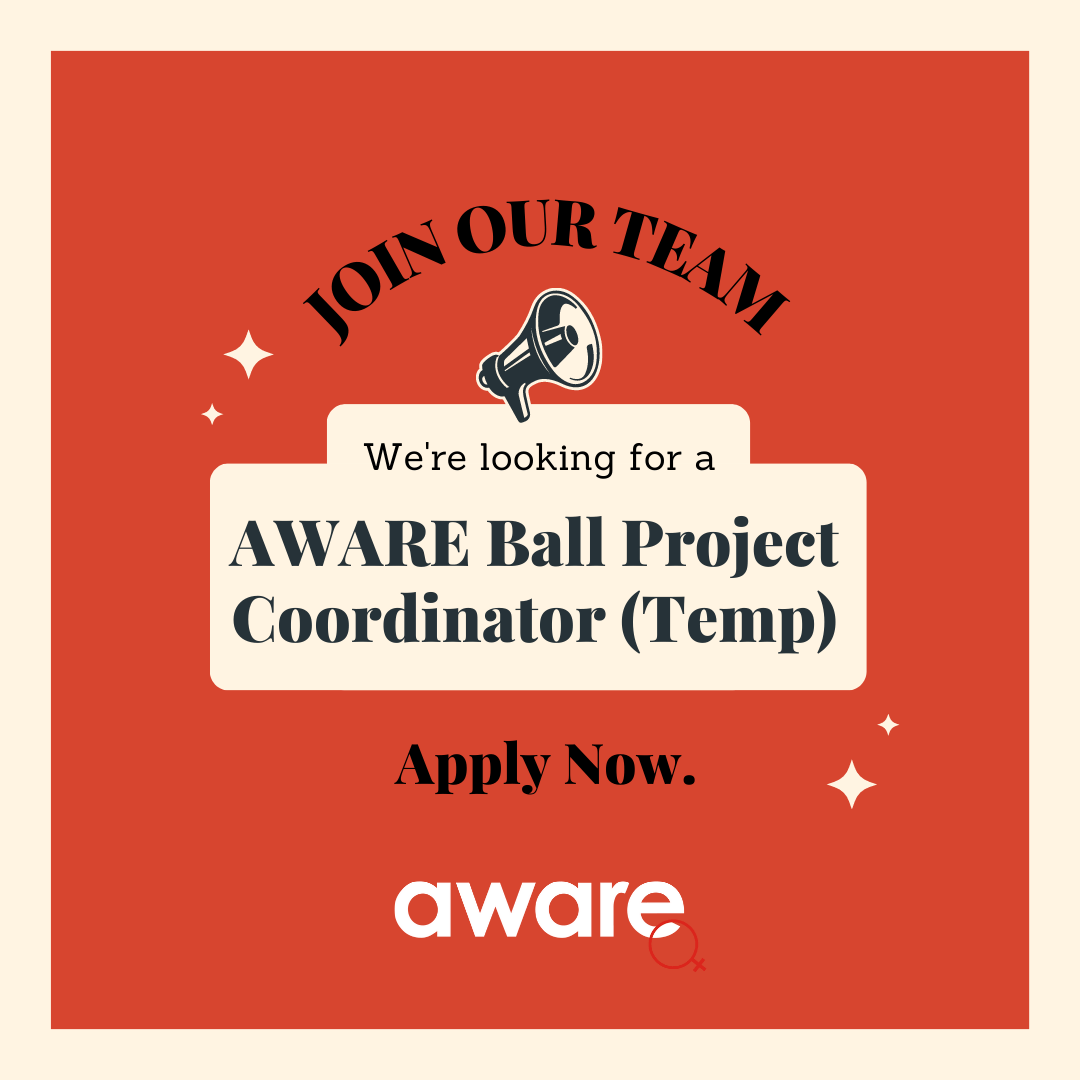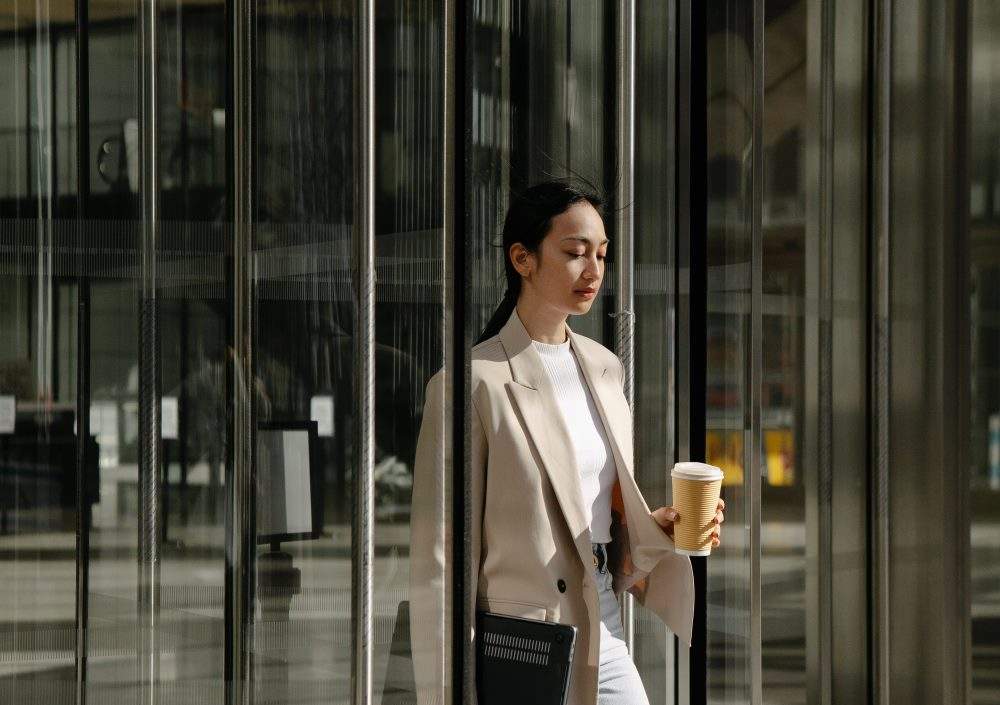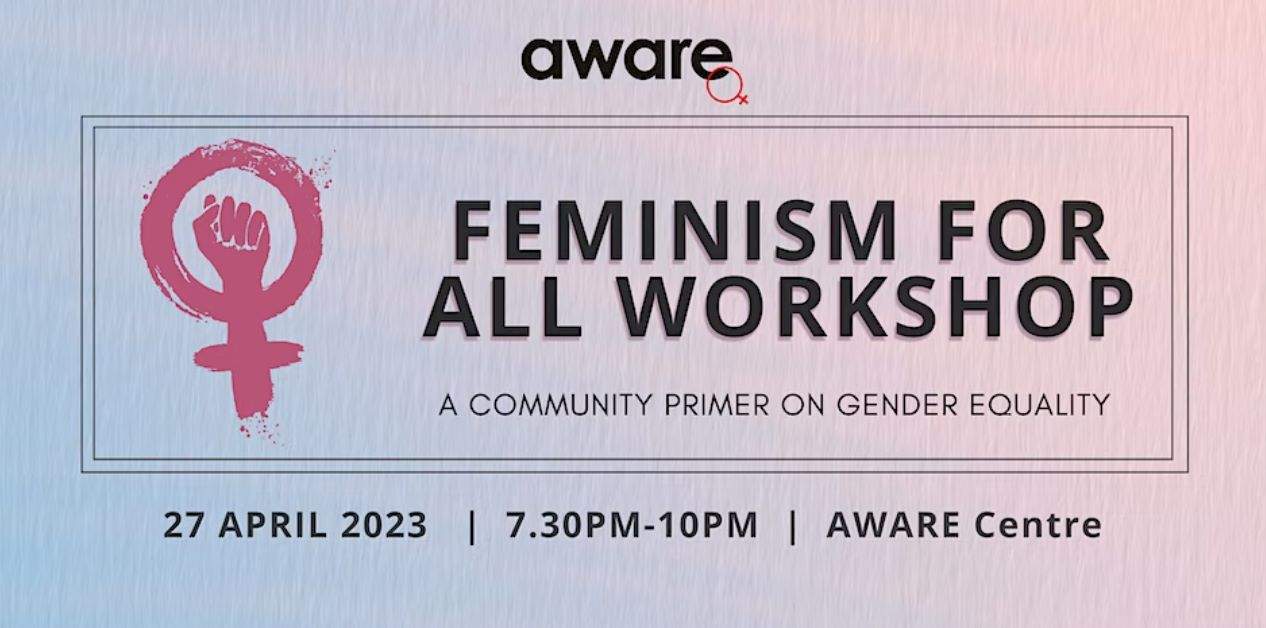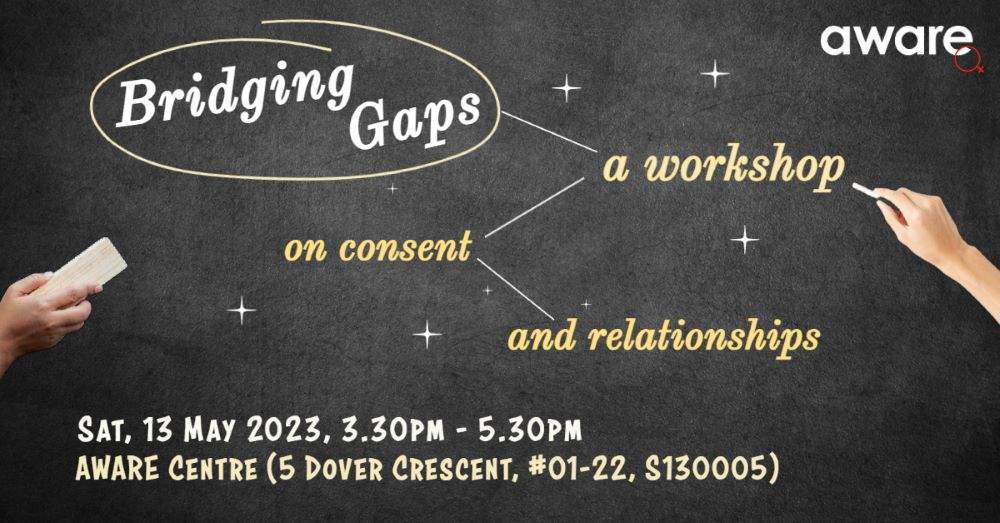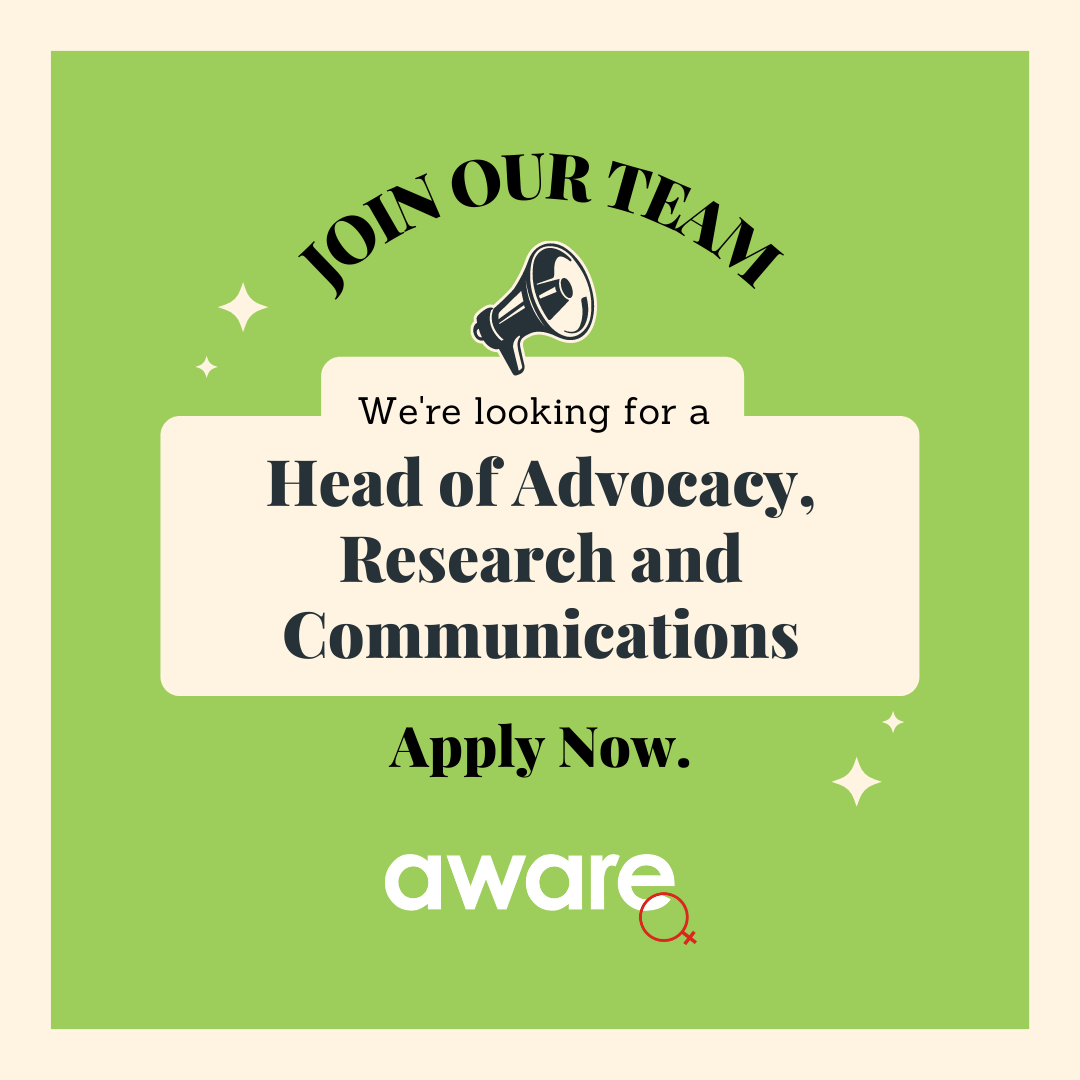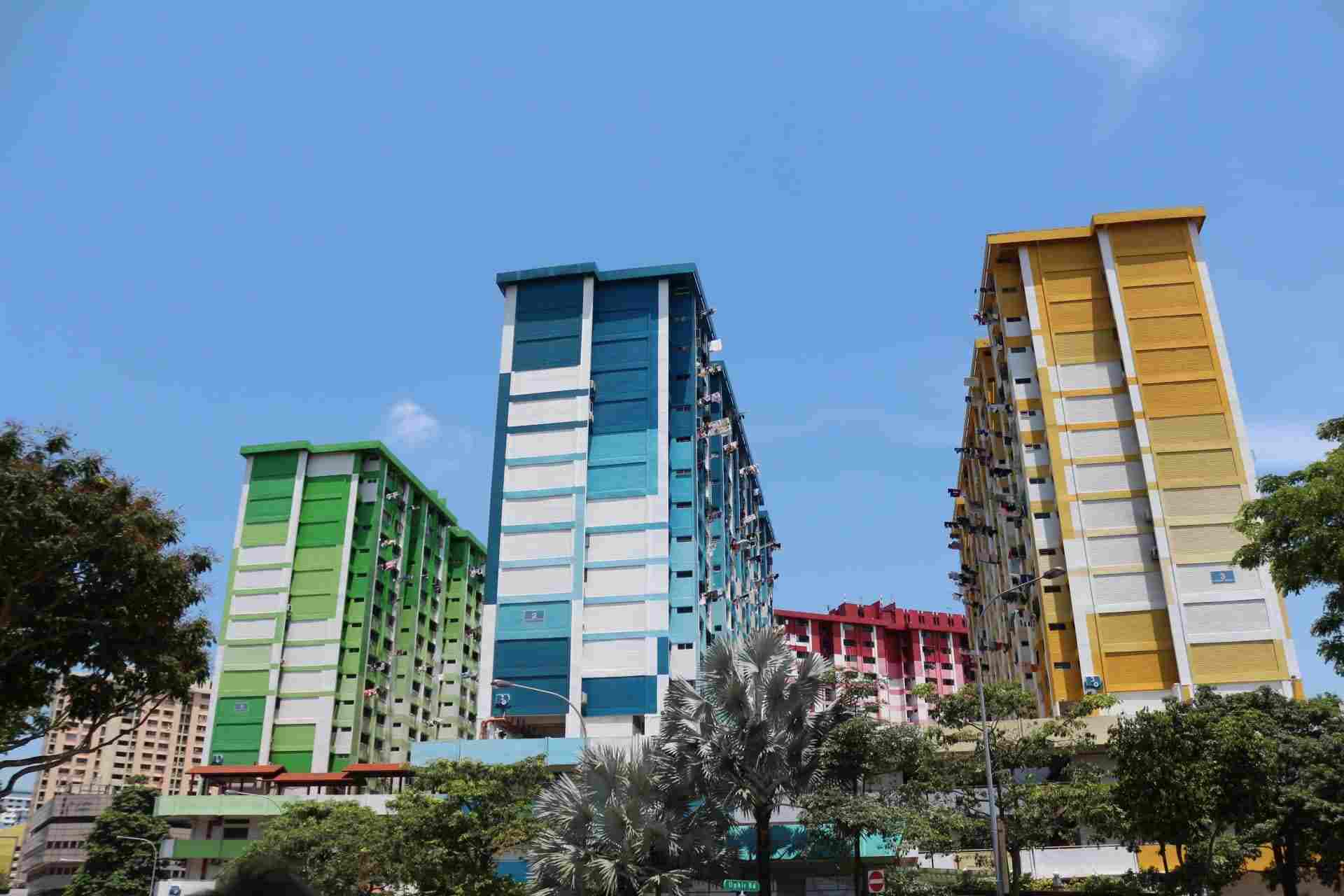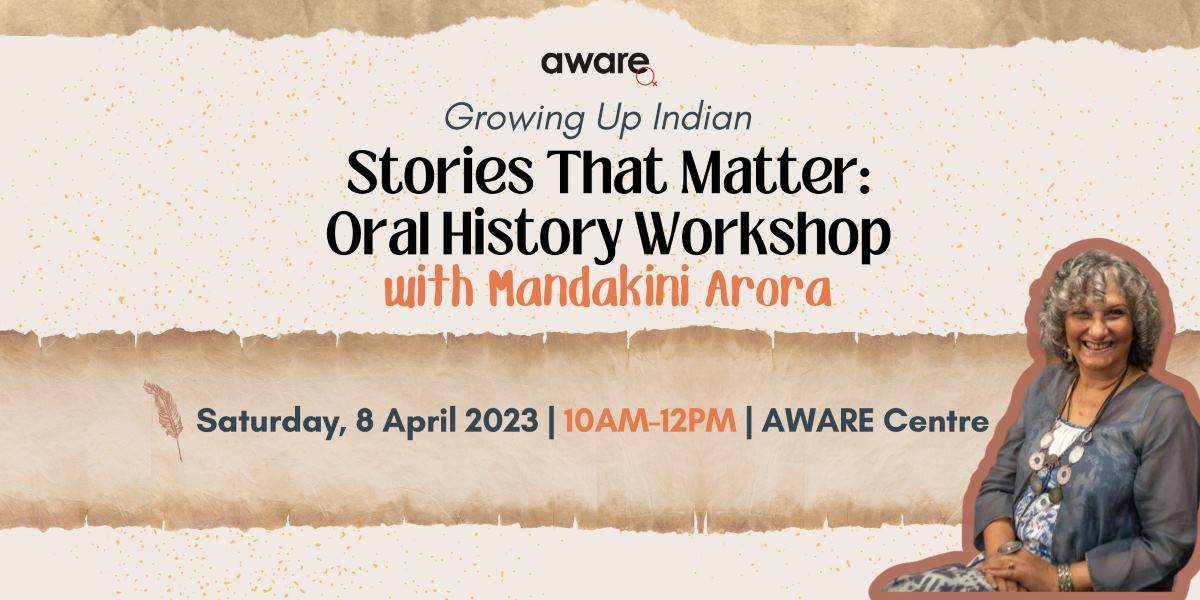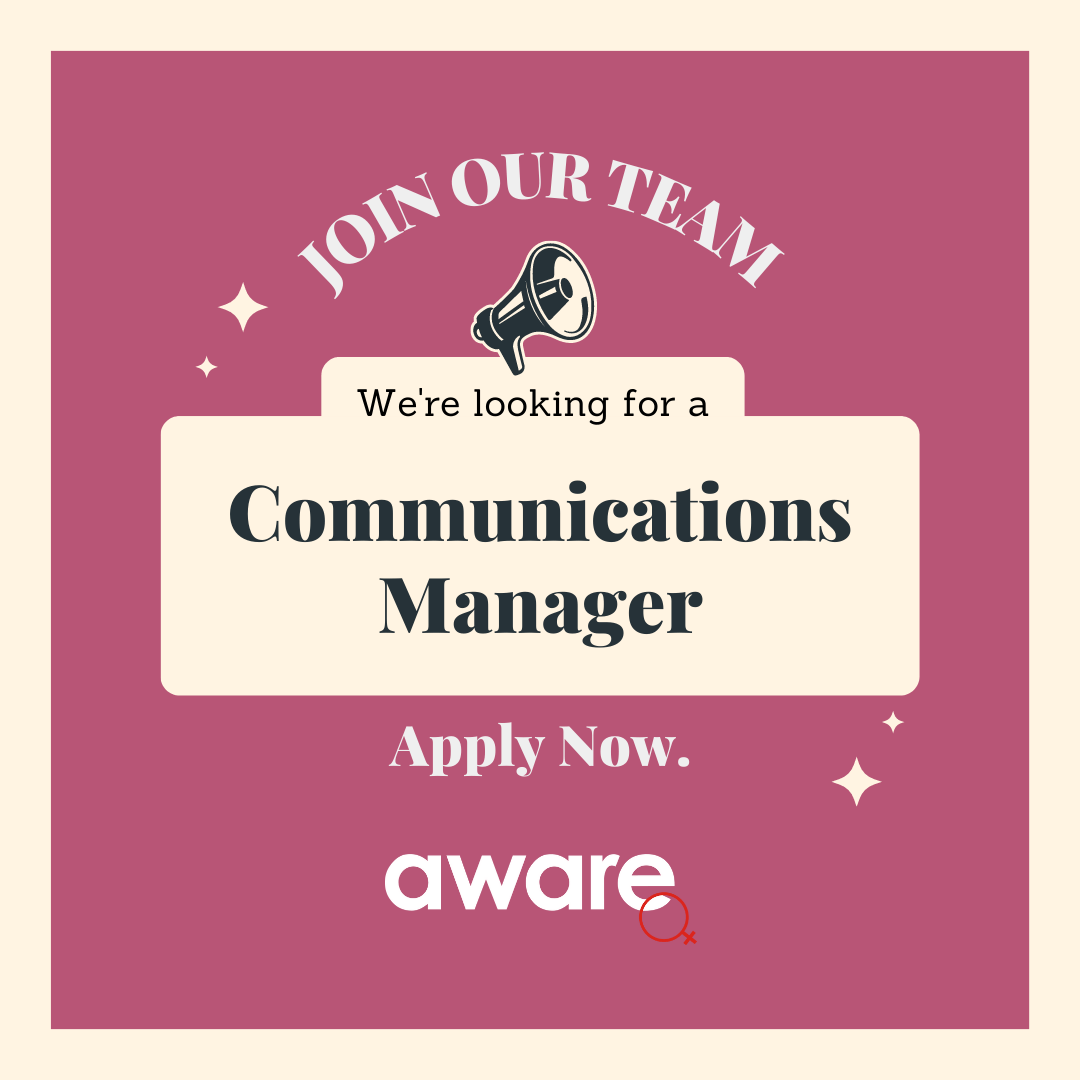
We are no longer accepting applications for this position.
AWARE is looking for a Communications Manager who is strategic, responsible, creative, analytical and well-versed in feminism and social justice topics.
As the leader of our small communications team, you will manage all public-facing platforms under the AWARE banner, including websites, social media accounts, EDMs, monthly newsletters, Eventbrite, research reports, printed collateral and more. You will also coordinate all media engagement, both local and international, undertaken by representatives of the organisation. Using these various communications tools, you will amplify AWARE’s advocacy messages to the public, the media and our diverse community of members, donors and clients. While housed officially under AWARE’s Advocacy, Research and Communications department, the Communications Manager works closely with all departments in AWARE (including the Fundraising team, CARE support services team and more), as well as leadership, to fulfil the organisation’s various needs.
The communications manager plays an integral part in AWARE’s functions and enjoys the privilege of stewarding a venerable civil society organisation through the exciting political landscape of Singapore. While the job involves a set of key responsibilities that need to be fulfilled, there is also scope for independent goal-setting and conceptualisation of new, creative projects. It is therefore a deeply rewarding, fast-paced role that rewards innovation, intellectual rigour, energy and passion in equal measure. If you are a media practitioner interested in making a tangible difference to the state of gender equality in Singapore, this is your opportunity.
Position: Communications Manager (Full-time; five-day work week)
Department: Advocacy, Research and Communications (ARC)
Starting date: 1 July 2023
Salary: $4,470 to $6,250
Job Description
- Enhance the AWARE brand through proactive maintenance of the AWARE website, monthly newsletters, Annual Report and other regular communication with constituents.
- Manage AWARE’s social media presence (Facebook, Instagram, Twitter, LinkedIn) for the sake of effective advocacy, public education and organisational needs, e.g. event publicity. This involves working with team members to produce meaningful content (both organic and paid), via copywriting, graphic design, photography and/or video that aligns with advocacy and overall AWARE goals. Occasionally respond to relevant news stories with topical commentary (in the form of longer-form statements) foregrounding a gender-informed, trauma-informed perspective.
- Engage media to advance AWARE’s advocacy goals, e.g. by writing press releases, responding to media queries, pitching commentaries, etc. Occasionally front media opportunities as an AWARE spokesperson. Monitor all media mentions. Develop working relationships with journalists.
- Facilitate interviews with all AWARE spokespersons, ensuring that all research and advocacy points are presented accurately and effectively. As part of case advocacy services, work with individual CARE clients in a trauma-informed way to advise and assist them with their personal media engagement objectives.
- Collaborate with AWARE’s various departments and external partners to conceptualise and execute communications materials, events and campaigns, including fundraising campaigns at certain key points in the year.
- Support and occasionally lead the running of AWARE events for various demographics (public or otherwise), both online and in person.
- Support and occasionally lead other projects that relate to AWARE’s advocacy goals, in media such as books, theatre, film and/or audio.
- Manage communications staff, interns, volunteers, contractors and other partners in various capacities throughout the year.
Requirements
- A diploma/degree in Marketing, Communications, Media, English Literature or Gender Studies is preferred
- At least five years’ experience in one or more of the following: editorial and journalism, digital marketing, social media management, PR and communications
- Impeccable writing and editing skills in English, and extreme attention to detail. As it is your responsibility to ensure that all content is publication-ready, you will possess a keen editorial sense, with an ear for clean, sharp, impactful copy. You should be able to grasp the political implications of communications decisions and modulate tone, angle and strategy accordingly
- Working knowledge of Facebook, Twitter, LinkedIn and Instagram (and associated tools), Google Workspace, Google Ads, Google Analytics, WordPress and email marketing services such as MailChimp and SendInBlue
- Ability to work independently and also manage people where necessary
- High levels of organisation and ability to toggle between multiple projects at once
- Proficiency with visual design and editing software, such as Canva, Adobe CC or others
- Strong familiarity with key concepts relating to contemporary feminism
- Strong familiarity with Singapore’s media and social media landscape, particularly as pertains to civil society, and ideally a network of contacts at media outlets
You must read and acknowledge our Privacy Statement here.
Please note that due to the large number of applications, only shortlisted applicants will be contacted for an interview. If you have any questions about this position, please email careers@aware.org.sg.




